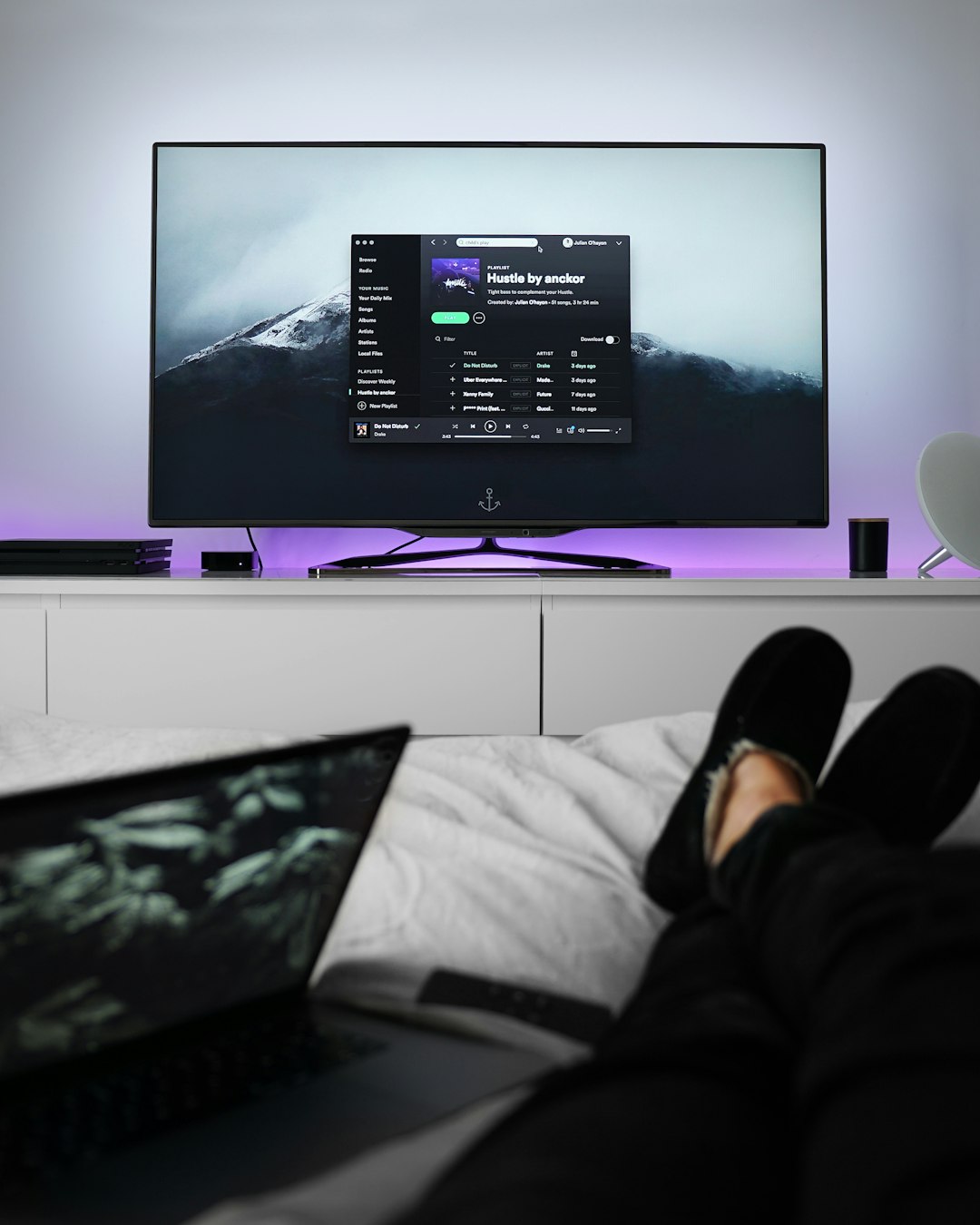Just 1 more episode...ring a bell? Online Science Editor Bethany Harris reveals that binge-watching may not be just a harmless trend.
A recent shift in the way in which television is viewed and consumed has led to a dramatic increase in ‘binge-watching’ amongst the UK population.
Evidence suggests that a rise in the availability of viewing platforms for popular television shows such as Netflix and Now TV, have resulted in more people turning to online streaming than ever before. In the UK alone 32% of people consider ‘binge-watching’ to be their main hobby, with popular thrillers such as Breaking Bad and Game of Thrones significantly contributing to these figures.
Photo by Charles Deluvio 🇵🇭🇨🇦 / Unsplash
Although many of us will be guilty of enjoying a Sunday night ‘TV marathon’ with friends, 3 quarters of the UK population admit to always watching more than one episode, with the national viewing average now reported to be a shocking 6 episodes at a time.
Whilst this may appear to be a harmless craze, evidence shows that high levels of television exposure may be detrimental to both mental and physical health. Results published in 2016 from a Japanese study revealed that watching 5 or more hours of television a day can increase the risk of developing a blood clot by 2.5 times, due to prolonged periods of inactivity.
Just an hour sitting in front of the television can boost your chances of developing diabetes by 3.4%.
Andrea Kriska, an epidemiologist at the University of Pittsburgh, states that the ease of access to online streaming has resulted in a rise in the number of people with sedentary lifestyles, and predicts that this is only going to increase further.
This is putting television audiences at a much greater risk of developing health problems such as type 2 diabetes. Experts suggest that even just an hour sitting in front of the television can boost your chances of developing diabetes by 3.4%. Therefore a 10 hour long binge on your favourite TV show could leave you 34% more likely to develop the metabolic disorder.
Whilst the negative effects of binge-watching are clearly concerning, researchers state that there may be some unexpected positives. Increasing levels of television exposure have led to young people developing more elastic brains, resulting in faster information processing, decision making and heightened cognitive and analytical skills.
This gives todays students a wider array of transferrable skills and therefore may be of an advantage when seeking employment. The concept of technology ‘rewiring’ our brains is however worrying and is leading to a generation that is losing its ability to contemplate, imagine and play.
Photo by Julian O'hayon / Unsplash
Research into binge-watching has revealed that the associations with other, more dangerous addictions such as binge-eating may not be just a harmless trend. Whilst it is a well known fact that the more television a person watches, the more likely they are to become overweight, a study conducted by the University of Texas found that 26% of participants (316 18-29 year olds) admitted to binge-eating whilst binge-watching television.
To explain this trend, researchers at Cornell University state that the levels of action associated with a particular programme influence the likelihood of binge-eating. Action packed TV shows such as The Walking Dead resulted in participants consuming twice as much food than those who watched a talk show. This was thought to be due to a rise in stress levels increasing the amount of cortisol produced by the body, a hormone associated with overeating.
55% of UK binge-watchers fall into the 18-24 age range
In contrast, psychologists argue that addictions are simply ‘out-of-control habits’ and that dependence on particular substances such as television, food, or alcohol are just a matter of personality. Therefore it is possible that correlations between binge-watching, eating and drinking may be caused by personality type along with other psychological factors such as stress, anxiety and depression.
So are students more at risk from binge-watching? With the stress of leaving home, low-budget lifestyle and copious amounts of free time, it is not surprising that 55% of UK binge-watchers fall into the 18-24 age range.
By providing an escape from reality and a cheap hobby, it is possible that students may be more susceptible to binge watching than other members of the population. On the other hand, it can be argued that online streaming services see students as a target and so cater their services towards them.
Despite this, the number of adults turning to online streaming is on the increase, and with this trend only set to continue, we may be facing a future where binge-watching is no longer the pastime of the minority, but the majority.
Featured Image: Unsplash / Charles Deluvio











